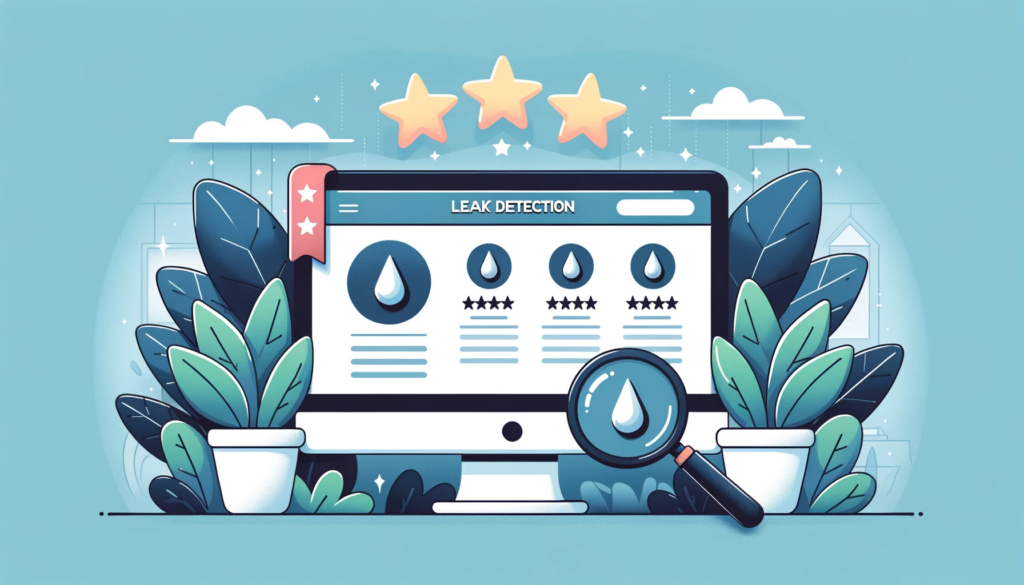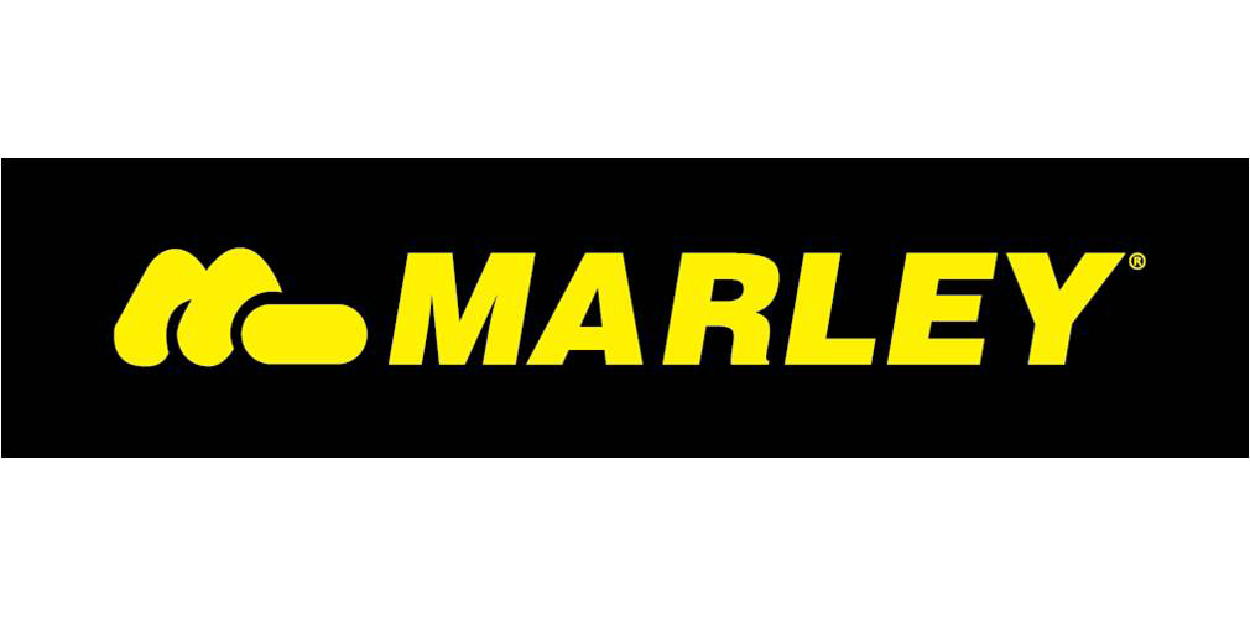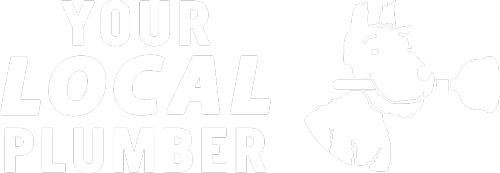
Call Today 09 973 4973 or
Gas appliances, such as ovens, heaters, and water heaters, are common in many households and businesses. While they offer efficiency and reliability, leaks from these appliances can pose significant health and safety risks. This article will delve into the importance of gas appliance leak detection, the common signs of a leak, the detection methods, and the crucial role of professional services.
The Risks of Gas Appliance Leaks
Leaks from gas appliances can lead to several risks, such as fire and explosions, if the gas comes into contact with a spark or open flame. Moreover, gas leaks can result in carbon monoxide poisoning, which can cause severe health problems or even death. Therefore, detecting leaks promptly is paramount for safety.
Signs of a Gas Appliance Leak
There are several signs that may indicate a gas appliance leak. These include a rotten egg smell (due to the odourant added to natural gas), a hissing or whistling sound near the appliance, dead or dying plants indoors, and a noticeable increase in gas bills. If you experience physical symptoms such as dizziness, nausea, headaches, and difficulty breathing, this could indicate a significant leak leading to potential carbon monoxide poisoning, requiring immediate action.
Gas Appliance Leak Detection Methods
Various methods are available to detect leaks from gas appliances. One common approach is the soap test, where a soapy solution is applied to the gas line connections, and the formation of bubbles indicates a leak. Gas leak detectors, which can detect low levels of gas concentration, are another effective tool. However, these methods may not always detect small or hidden leaks.
Role of Professional Leak Detection Services
Due to the potential dangers of gas leaks, engaging professional leak detection services is crucial. Professionals use advanced technology, such as electronic gas detectors, infrared cameras, and ultrasonic detectors, to accurately locate and identify leaks. They also have the expertise to safely handle gas leaks and perform necessary repairs.
Actions after Gas Appliance Leak Detection
If a gas appliance leak is detected, immediate action is required. This includes turning off the appliance, opening windows and doors for ventilation, and contacting a professional gas technician to inspect and repair the leak. Regular inspections and maintenance of gas appliances can prevent potential leaks and ensure the safe operation of these devices.
In conclusion, gas appliance leak detection is essential to ensure the safety and health of occupants and prevent damage to property. By understanding the signs of a gas leak, using detection methods, and seeking professional services, potential risks can be mitigated.
Suppliers




